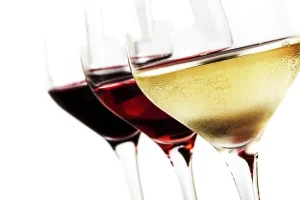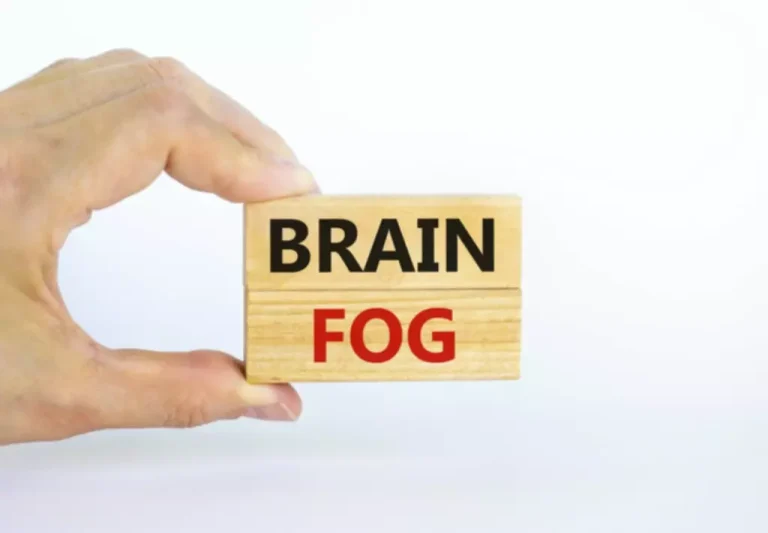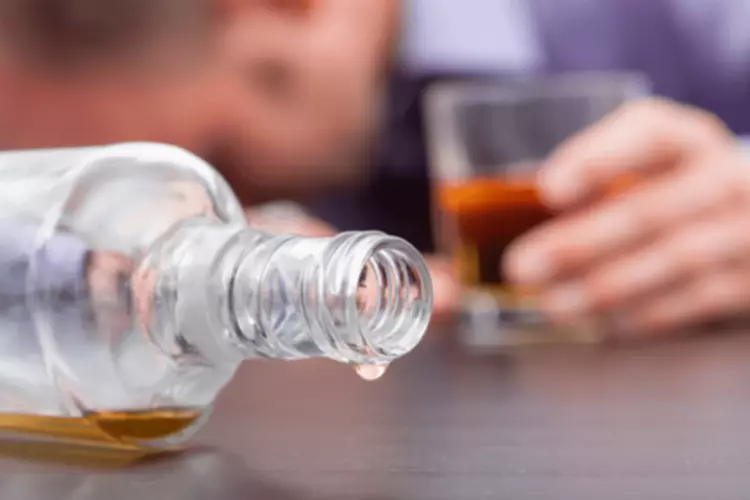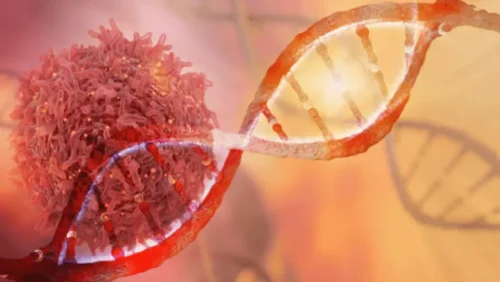
By Buddy TBuddy T is a writer and founding member of the Online Al-Anon Outreach Committee with decades of experience writing about alcoholism. Because he is a member of a support group that stresses the importance of anonymity at the public level, he does not use his photograph or his real name on this website. As the problem becomes more severe, people with the condition may withdraw from loved ones or lash out at those who try to help. One way that we have found useful in terms of thinking about the different zones in the diagram is in terms of different degrees of relationship. Just as our interpersonal relationships can differ in terms of intensity, so can our “relationship” with drinking. Moreover, these differences aren’t separated by sharp lines; rather, they tend to blend into one another.
Alcohol Addiction and Family Finances

And when you’re the one with a drinking problem, it can be tough to recognize the harm you’re causing and make a change. Since many people with substance use disorder believe they’re healthy, an intervention can help. By communicating openly with patience and how does alcohol affect relationships compassion, friends and family members can convey the importance of sobriety to their loved ones. Alcohol problems can quickly damage relationships, though it’s often more challenging to determine whether you have one if you’re dealing with an addiction.

The non-addict partner
Although even the strictest accountant or budgeter can make an allowance for entertainment expenses, ongoing drinking can quickly cause people to spend beyond their allotment for socializing. It is well established that alcohol misuse can lead to serious financial problems, but not only because of the actual money spent on alcohol. If you’re concerned about your partner’s drinking, there are many resources that can help you take a meaningful step towards change.
How to Help a High-Functioning Person with Alcohol Use Disorder

Fortunately, there are several ways to address or prevent alcohol problems in your relationship. April Eldemire, LMFT, is a psychotherapist who specializes in marriage and couples issues, new-parenthood transitions and blended family dynamics. Your ability to enjoy alcohol is ultimately https://ecosoberhouse.com/ predicated on how well you can do so responsibly. And it’s up to you and your partner to decide if and how alcohol can maintain a place in your relationship. The good news is that cutting back on your consumption offers far more benefits than the challenges it may present .
The partner who has a substance use disorder
If excess drinking continues to progress, you risk moving to severe alcohol use disorder, which can lead to alcohol dependence or alcoholism. The effects of alcohol on relationships can mean more conflicts in general. For instance, a worried husband may voice his concerns when he sees his wife pouring wine after work every day. And when this dynamic is present in your relationship, it can lead to frequent, full-blown arguments about alcohol use. When you’re in a relationship with someone who drinks too much, their behavior can be hard to cope with.

Alcohol and relationships leaflet: how alcohol can affect us

- Keeping a distance will also prevent your loved one from influencing you to allow the addiction to continue or crossing boundaries.
- If you have children, it’s important to protect them from unacceptable behavior as well.
- It’s often very difficult for the partner to let go of the resentment, anger, and fear they’ve felt over the time their partner was using drugs and alcohol.
- Alcohol is usually consumed in social settings and is believed to facilitate and enhance social interactions (Brown et al., 1980), including sexual intimacy (George & Stoner, 2000).
- The partner in recovery may experience irritability and even have angry outbursts.
- Codependency keeps people from having healthy relationships, so unless this dynamic is changed, sobriety may not be enough to keep the cycle from continuing.
- Fortunately, there are more ways than ever to get support if alcohol is harming your life and happiness.
- Knowing your partner’s triggers can make it easier for you to support them when they try to avoid specific factors that might prompt a drinking episode.
- Lean on the people around you, and, if you need to, reach out to a mental health professional to speak about your stress and what you’re going through.
